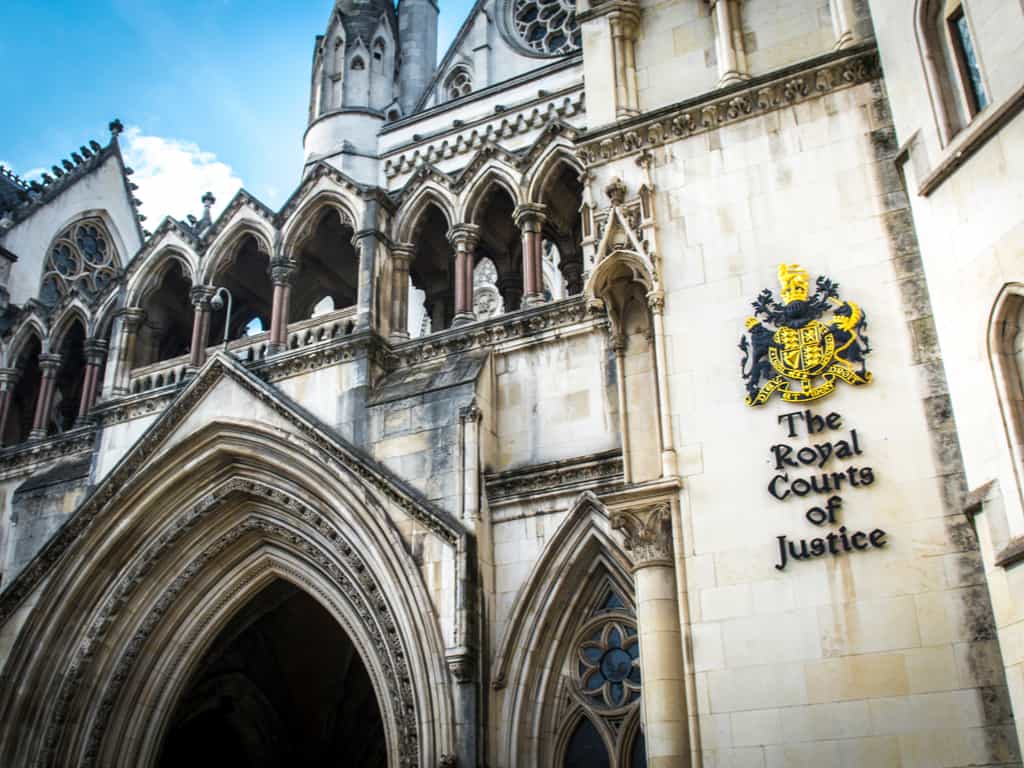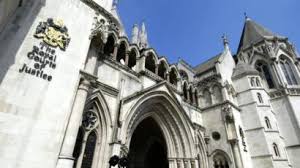Success at Tribunal for NHS Whistleblower Dr Claire Connolly

Last month, Rahman Lowe’s Jahad Rahman successfully represented NHS Whistleblower Dr Claire Connolly at a preliminary hearing at London Central Employment Tribunal.
Dr Connolly claims that she was subjected to detriments by ‘workers’ or ‘agents’ of Health Education England (“HEE”) following concerns she expressed about patient safety issues at the Paediatric Unit of University College London Hospital NHS Trust (“UCLH NHS Trust). Shortly after her disclosures (i.e., whistleblowing) and a few months before she was due to be appointed as a consultant, her employment was terminated.
At the time of Dr Connolly’s dismissal, she was employed as a Paediatric Registrar by UCLH NHS Trust. Her case is that her employment was terminated at the behest of her educational supervisors, who are workers or agents of HEE under the extended definition of ‘worker’ and ‘employer’ in s.43K of the Employment Rights Act 1996 (“ERA 1996”). Dr Connolly claims that HEE is therefore liable (as employer) for any detrimental acts and/or omissions of her educational supervisors.
Section 47B(1A) ERA 1996 affords a worker the right not to be subjected to a detriment by any act, or any deliberate failure to act, done:
- by another worker of the employer in the course of that other worker’s employment, or
- by an agent of the worker’s employer on the ground that the worker has made a protected disclosure.
Whilst junior doctors are usually employed by local NHS Trusts under short-term contracts, they are allocated to those posts by HEE, and educational supervisors (usually employees of Trusts, with responsibilities under separate complex agreements with HEE that govern the supervision, learning and training of junior doctors) maintain considerable control over their work and career progression.
At the preliminary hearing, Jahad successfully resisted HEE’s application for a split trial. The Employment Tribunal accepted Jahad’s submissions that all of the issues should be determined together on the basis that it would save a considerable amount of time and costs. Delay and the pressure on NHS/HEE witnesses who would probably be required to give evidence at two hearings were also important considerations.
He also persuaded the Employment Judge to accept that as a litigant in person, Dr Connolly had not withdrawn her claim that her educational supervisors were workers (as opposed to agents) of HEE. HEE fought this issue tooth and nail at the preliminary hearing. However, following representations, the Employment Judge found that the “wording used by the claimant [in her alleged withdrawal email] did not in my view amount to a clear withdrawal of that claim”. Therefore, Dr Connolly can now continue with her claim (as originally pleaded) that educational supervisors, in their capacity as co-workers or agents of HEE, victimised her because she blew the whistle about patient safety issues.
We are unable to comment on why HEE is contesting the question of whether the educational supervisors, in their capacity as workers/agents, can be liable for whistleblowing victimisation. It is HEE’s case that the educational supervisors cannot be liable for any alleged detriments because they are employees of the Trust and not HEE.
This case affects approximately 54,000 junior doctors and Specialist Registrars working in the NHS.
HEE’s case is surprising because it is effectively arguing that as the NHS body which substantially determines the terms on which junior doctors and educational supervisors are engaged, it is not responsible for the retaliatory action of its workers/agents against junior doctors that speak up about patient safety issues, notwithstanding the significant control it has over their training and development. The case also demonstrates the importance of seeking early legal advice and representation in complex whistleblowing claims so that all legal issues are adequately covered from the outset and during all stages of the litigation.
Dr Connolly is delighted with the outcome of the preliminary hearing but the fight to protect junior doctors in training continues. The matter has been fixed for another hearing in May 2021 to determine Dr Connolly’s application to amend the claim and to add the termination of her employment as a detriment against the educational supervisors/co-workers.
Dr Connolly is crowdfunding her case and if you would like to contribute to her campaign to protect the rights of junior doctors and NHS whistleblowers, please click here.
For further information, please contact our specialist whistleblowing solicitors on 0207 956 8699 or email us at info@rllaw.co.uk.



